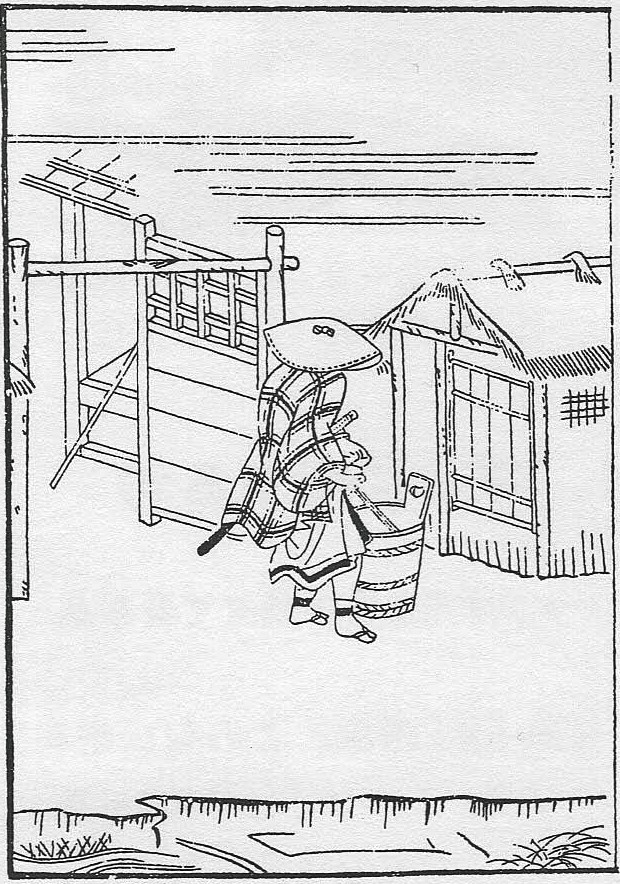Donnerstag, 10. Dezember 2015, 18:30 - 20:00 iCal
One should not pee or defecate when facing a shrine - Body and performance in the Yojokun
Andreas Niehaus (Ghent University)
Institut für Ostasienwissenschaften - Japanologie, Seminarraum Jap 1
Spitalgasse 2, UniversitätsCampus Hof 2, Eingang 2.4, 1090 Wien
Vortrag
In this talk, I will ask how day-to-day body techniques are connected to ideas of the body and analyze the mechanisms that bind performance, body, and ideology. My analysis will be based on the Yojokun (Rules for Life Cultivation, 1713), a text written by the Neo-Confucian thinker, physician, botanist, and educator Kaibara Ekiken (1630–1714). The Yojokun is an educational manual, in the Chinese cultivation of life tradition (yangsheng), which guides the reader to a healthy life, based on a set of dietetic rules; dietetics in the sense of “an intimate combination of health, medicine, and philosophy of living.” (Coveney 2006: 26). Ekiken elucidates the moral principles of health preservation, touching on topics like eating and drinking, sexuality, sleeping, hygiene, and physical exercise. The Yojokun, in this sense, creates knowledge about the body, the way it functions. I will argue that the Yojokun represents, reproduces, and disseminates a hegemonic idea of the body of the Edo-period.
Dr. Andreas Niehaus teaches at the Institute of Japanese Language and Culture of Ghent University 2004 and is head of the Department Languages and Cultures. His main research interests include Japanese sport history, Olympic history, Japanese early-modern/ modern body culture and the representation of birds in literature and art. For full CV see: www.southandeastasia.ugent.be/andreasniehaus.
Veranstalter
Institut für Ostasienwissenschaften/Japanologie und AAJ (Akademischer Arbeitskreis Japan)
Kontakt
Mag. Angela Kramer
Universität Wien
Institut für Ostasienwissenschaften - Japanologie
4277-43801
angela.kramer@univie.ac.at
Erstellt am Donnerstag, 26. November 2015, 11:40
Letzte Änderung am Donnerstag, 26. November 2015, 13:36

